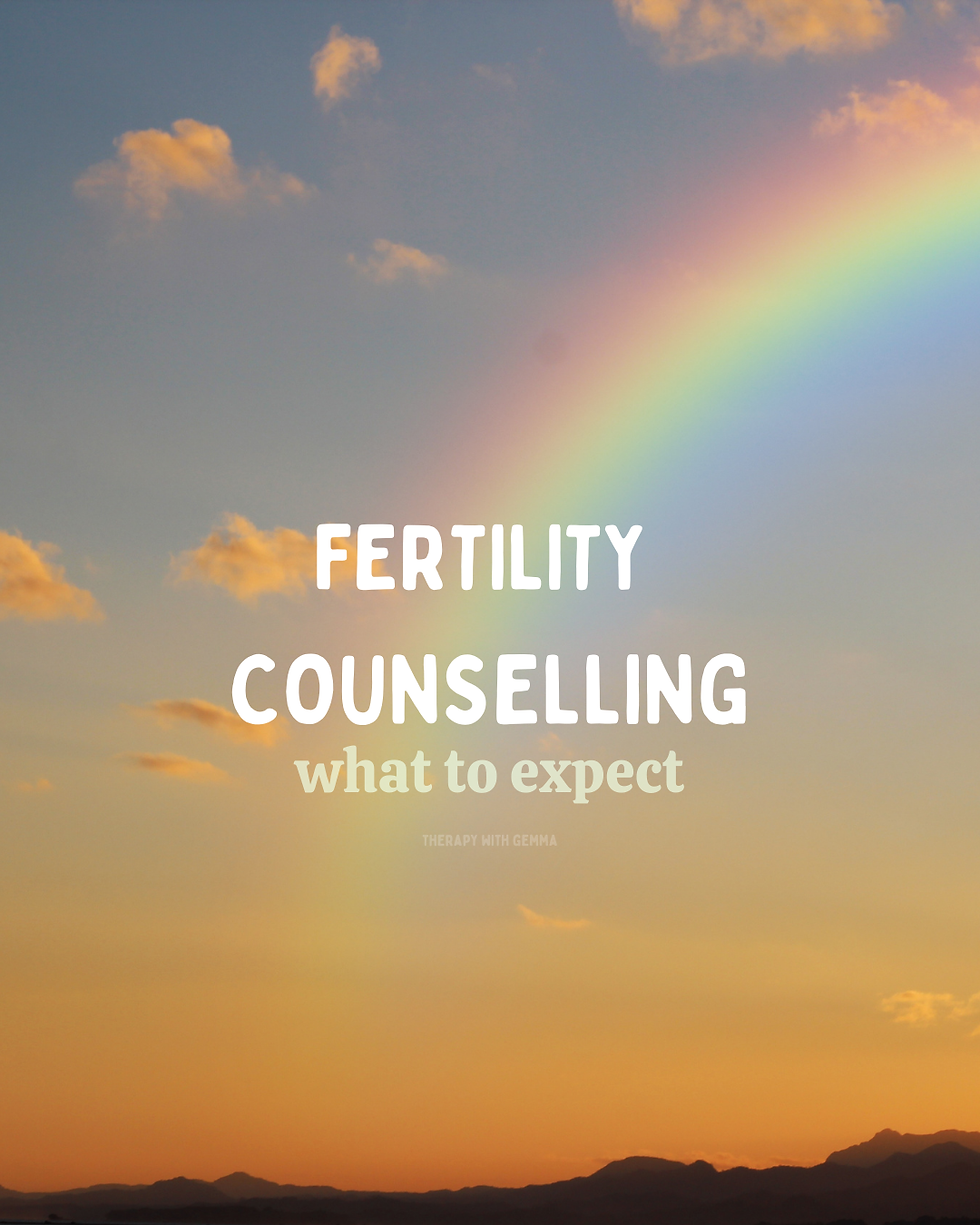Fertility Counselling in the UK: What to Expect and Key Considerations
- gemmasands
- Feb 6, 2025
- 3 min read

Following my Advanced Fertility Counsellor training last week with the British Infertility Counselling Association, I wanted to write something informative to help you know what to expect when going into your Fertility treatment journey.
Fertility treatment is a journey that brings hope, challenges, and emotional complexities. In the UK, fertility counselling plays a crucial role in supporting individuals and couples through the process, whether they are undergoing IVF, using donor gametes, considering surrogacy, or preserving fertility for the future. As a fertility counsellor, my role extends beyond emotional support to providing essential information, exploring ethical implications, and addressing the long-term considerations of fertility decisions.
What is Fertility Counselling?
Fertility counselling is legally mandated in the UK for anyone undergoing fertility treatment.
Unlike traditional therapy, fertility counselling encompasses both emotional support and information provision, ensuring individuals and couples are fully informed about the potential implications of their choices.
Fertility counselling is broadly categorised into:
Support Counselling – Helping clients navigate the emotional challenges of infertility, treatment, loss, and complex family-building decisions.
Implications Counselling – Exploring the short- and long-term effects of donor conception, surrogacy, and other fertility choices on individuals, partners, and potential children.
Therapeutic Counselling – Addressing psychological distress, grief, trauma, and identity concerns related to fertility challenges.
Key Areas of Fertility Counselling
Fertility decisions often involve complex ethical dilemmas, such as power and privilege in access to treatment, safeguarding concerns, and the welfare of the child. Counsellors help clients explore these issues, ensuring that their choices align with their values and circumstances.
1. Ethical and Emotional Considerations
Fertility decisions often involve complex ethical dilemmas, such as power and privilege in access to treatment, safeguarding concerns, and the welfare of the child. Counsellors help clients explore these issues, ensuring that their choices align with their values and circumstances.
2. Donor Conception: Navigating the Journey
Donor conception (DC) raises profound questions about identity, disclosure, and relationships. Research (Golombok, 2015, 2020) shows that early and open disclosure leads to better psychological outcomes for children. However, many parents struggle with the timing and approach of these conversations. Common concerns include:
When and how to tell a child about their donor origins
Managing family and societal perceptions
Navigating the possibility of donor and sibling contact
Resources like the Donor Conception Network and books such as We Are Family and Curious Connection provide valuable guidance.
3. Fertility Treatment for LGBTQ+ Families
LGBTQ+ individuals and couples face unique fertility pathways, from reciprocal IVF for lesbian couples ("two mummies" treatment) to surrogacy for gay men. The HFEA provides guidance on fertility options and funding, but challenges such as unconscious bias and legal parenthood can arise. Fertility counsellors support clients in understanding their rights, navigating clinics, and preparing for parenthood.
4. Fertility Preservation
With approximately 60,000 people accessing fertility services in the UK annually, nearly half seek fertility preservation. This includes:
Egg and sperm freezing for medical reasons (e.g., chemotherapy, gender-affirming care)
Social egg freezing for future family planning
Ethical considerations around embryo storage and use
For transgender clients, fertility preservation is a key consideration before hormone therapy or surgery, requiring sensitive and informed counselling.
5. Surrogacy and Novel Family Structures
Surrogacy involves complex emotional, legal, and ethical considerations. Key aspects include:
Types of Surrogacy: Gestational (host) surrogacy vs. traditional surrogacy
The Parental Order Process: Legal recognition of intended parents post-birth
International Surrogacy: Ethical concerns, legal recognition, and risks of unregulated arrangements
Psychological Considerations: Bonding fears, disclosure challenges, and relationship dynamics
Recent discussions on "polyparenthood" and co-parenting arrangements highlight evolving family structures. Counsellors help clients explore the long-term implications of these decisions.
6. Supporting Donor-Conceived People (DCP)
Donor-conceived individuals may seek information about their genetic origins for identity, medical history, or personal connection. Research (Indekeu, 2021) suggests that interest in donor origins does not negatively impact family relationships. However, unexpected DNA discoveries can lead to emotional distress, underscoring the importance of pre- and post-conception counselling.
7. Disclosure and Communication Challenges
Telling children about donor conception remains a significant challenge. Parents may:
Plan to tell but delay disclosure
Share partial information (e.g., IVF but not donor conception)
Face anxiety about a child's reaction or family acceptance
Fertility counsellors provide guidance on age-appropriate disclosure, parental confidence, and long-term communication strategies.
Fertility counselling is a critical component of assisted reproduction, offering emotional support, ethical guidance, and practical information. Whether you are considering donor conception, fertility preservation, surrogacy, or alternative family structures, working with a fertility counsellor ensures that you make informed, thoughtful, and emotionally supported decisions.
For further information, resources, and support, visit the British Infertility Counselling Association (BICA) or the HFEA website.
If you would like support for your fertility journey, please get in touch and I am happy to discuss ways in which we can work together.
Further resources;

Comments